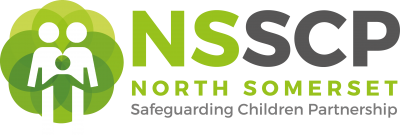The internet has become part of everyday life for people of all ages. Unfortunately, it can be a useful tool for people wishing to exploit children. It is important to protect children using the internet.
Internet chat rooms are often used by paedophiles to establish a relationship with their victims. They then ‘groom’ children to become victims either on the internet or by meeting in person. Often victims believe that they are chatting to other children online when they may actually be talking to somebody completely different.
Children also need to be careful about encountering pornography on the internet. Exposure can cause psychological damage to children. It can give them unrealistic ideas about healthy sexual relationships.
Child pornography is also a real concern. Exploitative adults use the internet to find and exchange explicit pictures of children. These pictures are in high in demand. This means that pornographers will go to extreme lengths to entice children into getting involved.
